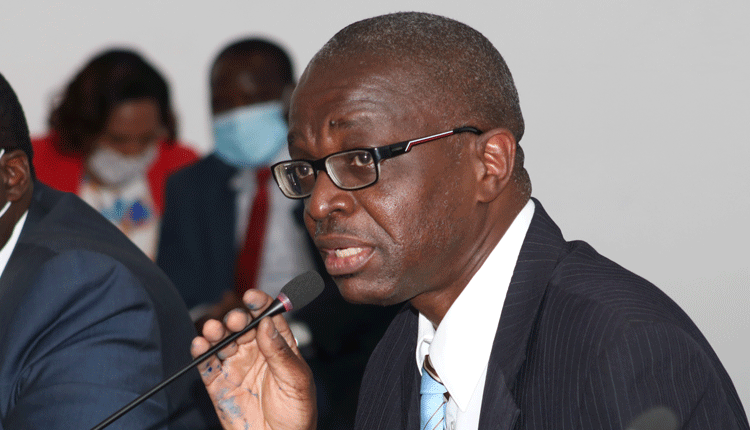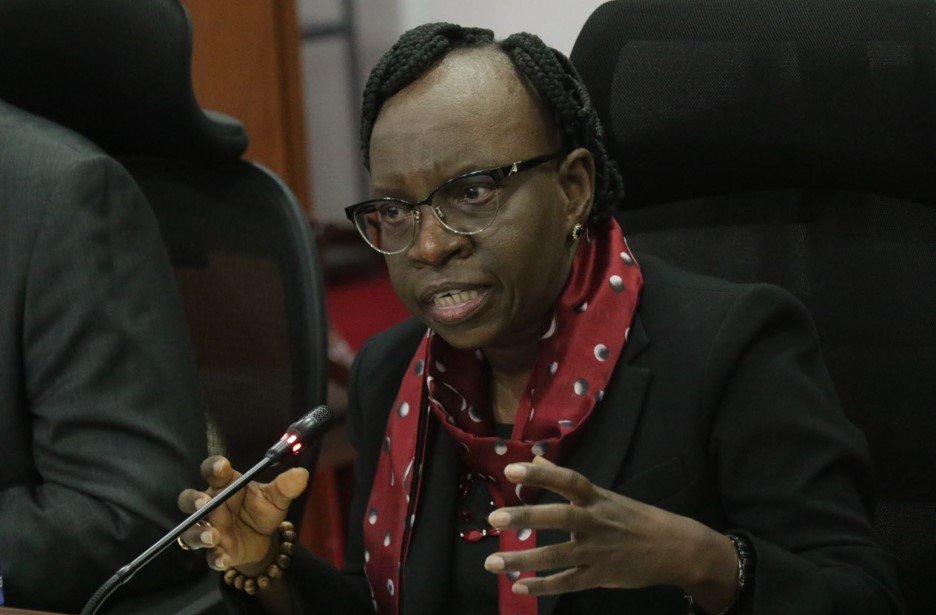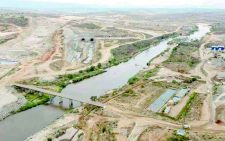KeNHA boss reveals plan to fund road construction

All roads and highways will be constructed under the Public Private Partnership (PPP) model in a bid to ease the burden of financing the projects by the national exchequer, a senior government official has disclosed.
Kenya National Highway Authority (Kenha) plans to use three new models to fund projects, the Roads Annuity Fund, the Public Private Partnership (PPP) and funds from the Kenya Roads Board to finance its projects.
The money raised will also be used to clear pending bills that currently stands at Sh26 billion and accrued interest which is at Sh6.4 billion.
Auditor General Nancy Gathungu has already flagged the interest which came from delayed payments to contractors from projects done in the last 10 years.
According to the Acting Director General, Kenha, David Muchilwa, proceeds from the Fuel Levy which was recently increased from Sh12 per litre to Sh18 will go towards the roads Annuity Fund.
The Annuity Fund which constitutes of Sh6 per litre of fuel will is managed by the National Treasury.
Appearing before the Public Investment Committee (PIC), Muchilwa said his agency will receive a majority of the funds from the Roads Boards kitty since it runs major projects.
Released by Treasury
Asked by Committee chairman Abdulswamad Nassir whether he was aware of the amount the board would collect and if it will be sufficient to support all the agency’s roads, Muchilwa said the details were yet to be released by the Treasury.
“I am not aware how much the Kenya Roads Board is planning to raise from the 10-year bond and how much will be allocated to KeNHA,” he said.
Muchilwa told the committee the agency was not sufficiently funded by the Treasury which was partly to blame for the delayed payments to contractors.
Nassir sought to know why the agency had not requested for a supplementary budget by Parliament for money to be allocated to clear the arrears.
Muchilwa said the agency had not thought of the idea and promised to make the request to Parliament soon.
He said the Ministry of Transport, Infrastructure Housing, Urban Development and Public Works, successfully sought a change of law through the Kenya Roads Board Act, 2019 to raise a 10-year road debt bond from the open market to finance pending development bills and commitments to completion of projects.
“The National Treasury developed a new model of project financing using proceeds from Road Annuity Fund and public private partnership (PPP),” Muchilwa added.
He told the members that the agency was also planning to float bids at the securities exchange and the proceeds go towards offsetting the outstanding bills.
The proceeds from the bond will also go towards improving the agency working capital which is currently in the red.
“We have agreed with the Auditor-General that KeNHA had a negative working capital of Sh26 billion as at June 2019 which came as a result of the huge pending bills, consultancy fees and project affected persons (PAPs) that accrued due to insufficient budgetary allocation against KeNHA development requirement,” added Muchilwa.
Treasury, he added, had also drastically reduced allocations to his agency and urged the committee to intervene and have its funding reconsidered.
Requisite funds
Tideret MP Julius Melly asked why the roads agency was awarding projects without the requisite funds, saying this was partly to blame for the increased bills.
Auditor General had flagged the huge deficit saying KeNHA is operating with a negative capital of Sh26 billion.
Gathungu said in her report, “In view of the unfavourable financial position, management may need to take urgent measures to curb and reverse the situation.”
The PPP model accommodates toll roads where the user pays hence saving taxpayers fund from construction of roads.
“The PPP model relieves the exchequer from funding projects directly. For example the Nairobi Expressway is a project of about Sh60 billion and the government will not provide a single shilling to build it.
The Rironi/Mau Summit is another example of what the PPP model is going to work” said Muchilwa.










